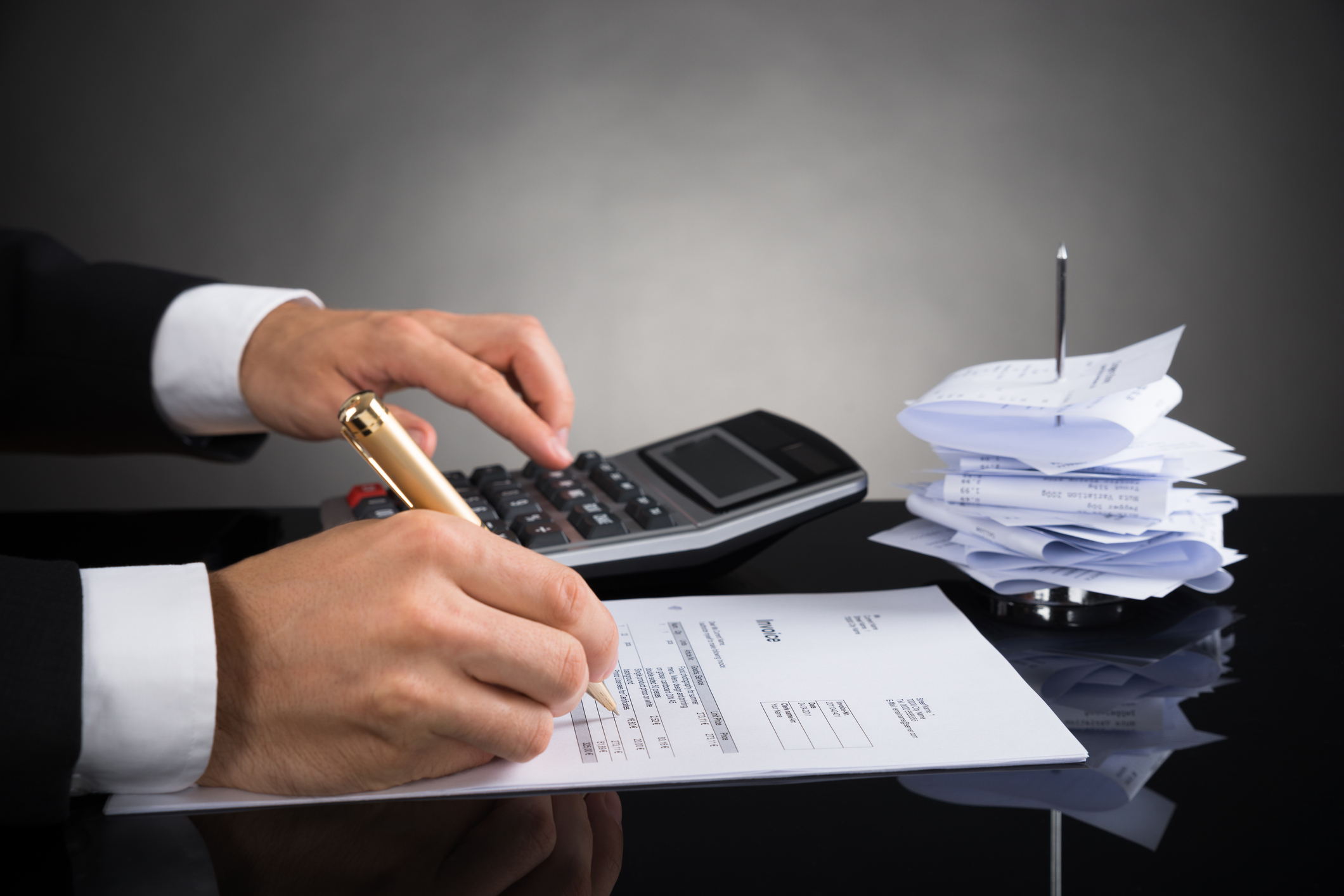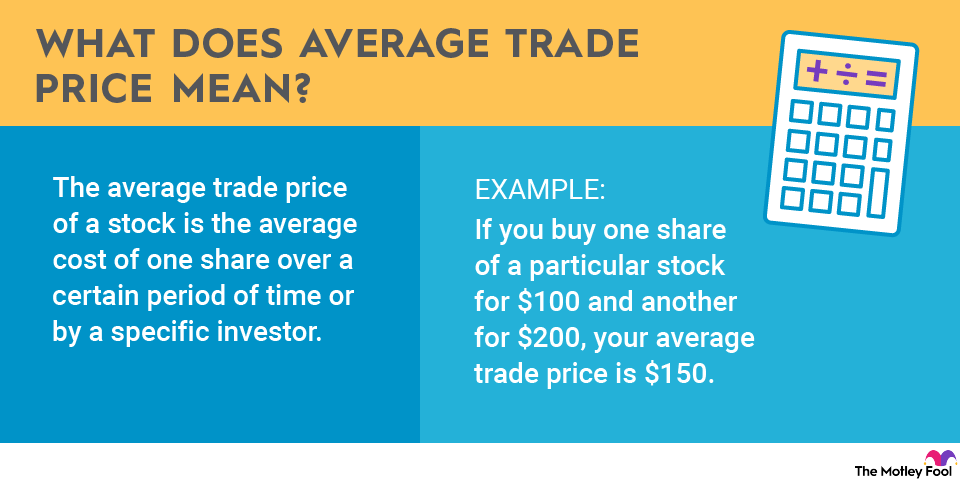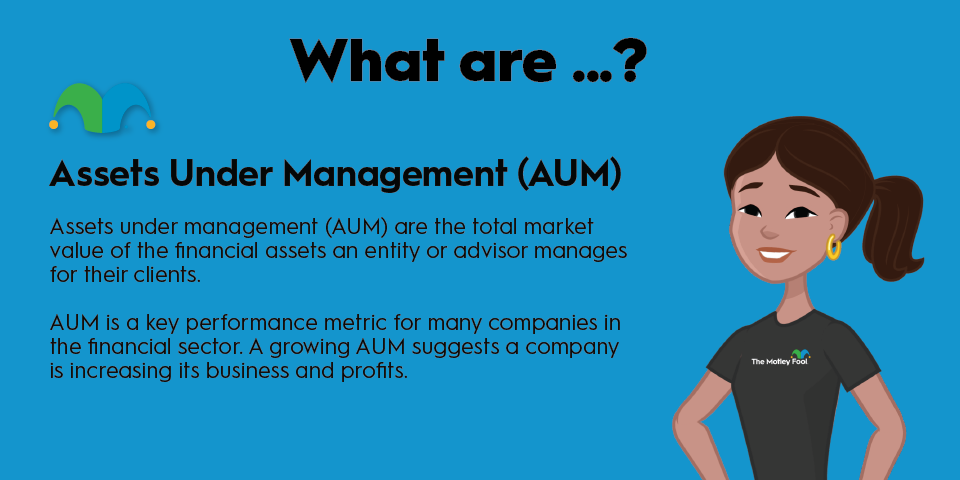An accountant is a professional whose job is to maintain and interpret financial records. Although not all accountants are certified public accountants (CPAs), obtaining a CPA license is required for many accounting roles. In this article, we'll cover what an accountant does and some common accounting roles.

What is an accountant?
An accountant is a professional who interprets and maintains financial records. Some accountants work for individual clients, while others work directly for a business or organization. Some common responsibilities of an accountant include the following:
- Preparing financial statements.
- Calculating taxes and preparing tax returns.
- Making budget forecasts.
- Managing payroll.
- Auditing financial transactions and documents.
- Ensuring compliance with tax laws and other regulations, as well as internal policies.
- Making recommendations for cost savings.
- Reporting on the financial health of a company.
Broadly speaking, public accountants provide services for individual clients, ranging from individuals to major corporations. A public accountant may be employed by an accounting firm, like the "Big Four," or a smaller consultancy.
A private accountant is an accountant who works in the finance department of a single organization. Sometimes, public accounting is referred to as industry accounting or corporate accounting.
Types of accountants
The duties of an accountant are extremely broad and vary widely depending on the accountant's specialty. Here are a few common areas of specialization for accountants.
- Government accountant: A government accountant may work at the local, state, or federal level. Common duties include analyzing revenue, managing public funds, overseeing the fiscal-year budgeting process, and conducting audits.
- Forensic accountant: A forensic accountant examines financial records, often looking for signs of fraud or assisting with a civil or criminal investigation. Forensic accountants may also scrutinize records during mergers and acquisitions.
- Cost accountants: A cost accountant analyzes a company's costs of production and delivery to improve margins and inform pricing decisions.
- Tax accountants: A tax accountant prepares tax returns on behalf of clients, who may be individuals or businesses, ensures compliance with the Internal Revenue Code, and assists with audits. Tax accountants also look for tax-saving opportunities, such as credits, deductions, and incentives.
- Management accountant: A management accountant helps managers understand how their decisions affect the financial health of the organization. Duties often include forecasting, assisting with purchasing decisions, profitability analysis, and risk management.
Related investing topics
CPA vs. accountants
Most accountants have at least a bachelor's degree in accounting. A certified public accountant (CPA) is someone who has met state licensing requirements and passed a rigorous four-part examination. Work experience requirements vary by state, but many states require one year of professional accounting experience.
Some accounting responsibilities can only be performed by a CPA. For example, only a CPA can file audited reports with the U.S. Securities and Exchange Commission (a requirement for publicly traded companies) or represent taxpayers before the IRS.


















